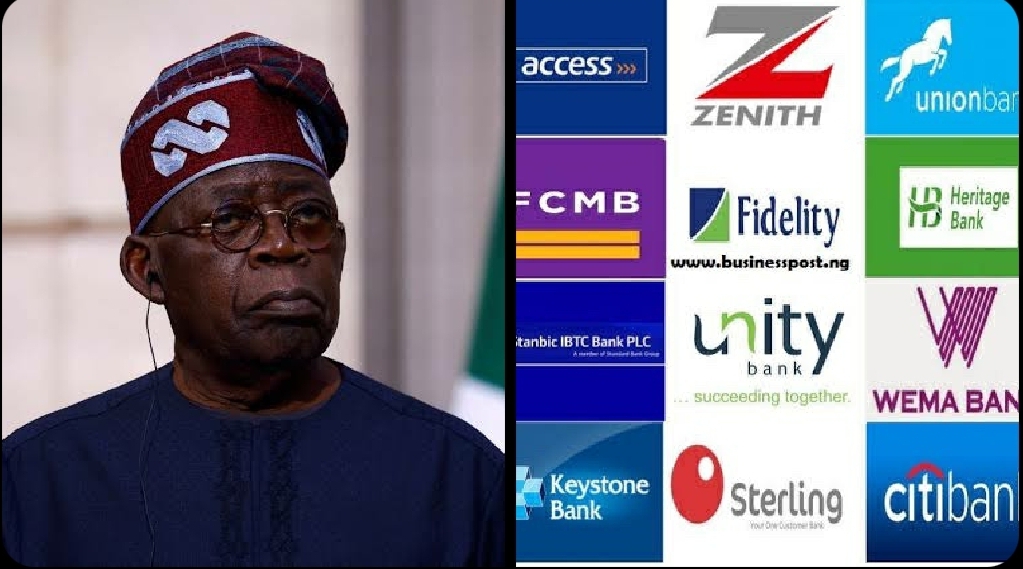
Nigeria’s New Tax ID Mandate for Bank Accounts Sparks Backlash Amid Economic Strain

From January 1, 2026, Nigerians will be unable to operate bank accounts without a valid Tax Identification Number (Tax ID), a policy stemming from the newly enacted Nigeria Tax Administration Act 2025.
The move, aimed at modernizing tax collection and curbing widespread evasion, marks a significant shift in the country’s financial landscape. Yet, it builds on earlier provisions tucked into the 2019 Finance Act—signaling a gradual but overlooked transition toward tighter fiscal oversight.
While the government insists that this measure will streamline revenue mobilization and broaden the tax net, the announcement has triggered fierce public debate. For millions already battered by rising costs, the mandate feels less like reform and more like an added burden. With inflation hovering near 30% and food prices up 35% since 2023, according to BBC data, many Nigerians argue the policy is detached from the lived realities of struggling households.
The law does provide exemptions for non-taxable individuals, but critics note that navigating the bureaucracy to secure such waivers may prove daunting for low-income earners. Small traders, artisans, and rural dwellers—many of whom are unbanked or barely within the formal financial system—fear exclusion rather than empowerment. This friction highlights the tension between fiscal expansion and social protection in Nigeria’s reform journey.
Global research offers context. A 2021 World Bank study on tax reforms in developing nations found that linking tax IDs to national identification systems (such as Nigeria’s NIN) can boost government revenues by 2–3% of GDP. However, such gains are sustainable only when paired with visible improvements in public services and infrastructure. Without that, compliance risks being perceived as exploitation rather than civic duty.
Nigeria’s history makes this concern especially sharp. Successive administrations have promised that expanded taxation would translate into better roads, healthcare, and schools. Yet, persistent deficits undermine trust. Analysts warn that unless citizens see tangible benefits from this reform, the backlash could deepen financial exclusion and foster more resistance to formal banking channels.
For now, banks are bracing for implementation, with customer sensitization campaigns expected in the coming months. But as January 2026 approaches, one question looms large: will this policy strengthen Nigeria’s fiscal foundation, or widen the gap between government ambition and public confidence?

